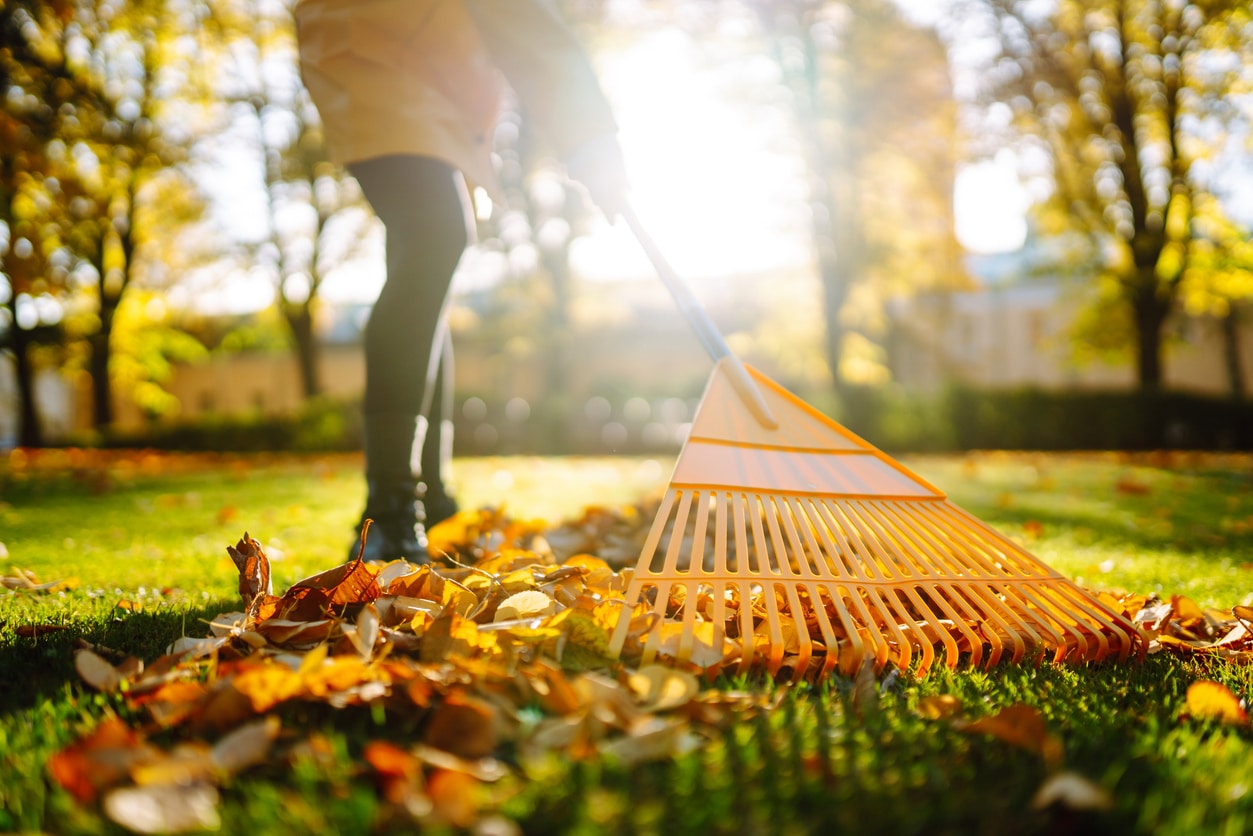With autumn’s arrival, yard work becomes essential as you prepare for winter and clean up falling leaves. However, many people overlook how the loud equipment used for tasks like mowing, leaf blowing and using a chainsaw can affect their hearing. These tools produce high levels of noise, which can lead to hearing damage if you’re not careful. Here’s how to handle your fall yard work while keeping your hearing safe.
Hearing Risks During Yard Work

Fall yard care often involves using machinery that can emit dangerously loud sounds. Noise-induced hearing loss can start with exposure to sounds as low as 70 dB, and anything over 85 dB can begin to cause significant damage. The longer you’re exposed to these high decibel levels, the greater the risk. In some cases, hearing damage can occur suddenly after brief exposure to very loud sounds.
Here are some typical noise risks during lawn maintenance:
- Lawnmowers and leaf blowers: These machines often reach noise levels of 85-90 dB or even higher. Prolonged exposure without proper hearing protection can cause cumulative damage, especially for those who already experience some degree of hearing loss.
- Chainsaws: Chainsaws, frequently used for pruning or cutting down trees, can exceed 110 dB. Even short exposure to such high noise levels can result in immediate hearing damage.
- Smaller tools: Other tools like hedge trimmers and weed whackers might not seem as loud, but they still produce noise that can harm your ears with extended use.
How to Protect Your Hearing
To safeguard your hearing during fall yard work, it’s important to take certain precautions. Here are some strategies to help you complete your tasks while minimizing the risk of hearing damage:
- Wear hearing protection: Use foam earplugs, earmuffs or custom-fitted protection to reduce noise exposure while you work. If you wear hearing aids, over-ear protection can help reduce noise while keeping your devices in place.
- Opt for quieter equipment: Consider using electric tools instead of gas-powered ones, which are generally noisier. For example, battery-powered leaf blowers or electric lawnmowers from stores like Harrison Brothers Hardware are often quieter and just as efficient, helping reduce your overall noise exposure.
- Take regular breaks: Continuous exposure to loud equipment can strain your ears, so it’s a good idea to take breaks to give your ears a rest. This minimizes the risk of hearing damage from extended use of noisy tools.
- Adjust your hearing aids: If you wear hearing aids, ensure they’re set to the right volume for outdoor use. Many modern hearing aids have noise-reduction settings that can help when working with yard equipment. Check with your hearing specialist if you need assistance adjusting the settings for optimal protection.
This autumn, use these tips to manage your yard work without jeopardizing your hearing health. For more information about protecting your hearing or to schedule an evaluation, reach out to North Alabama ENT Associates today.